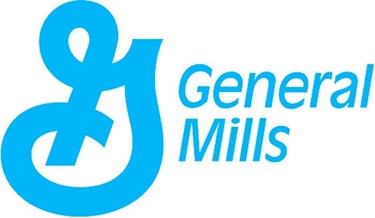General Mills Advances Sustainability Through Supply Chain And Accountability
By Karla Paris

General Mills moves ahead with its approach to creating economic, environmental, and social value in the countries where it operates
General Mills recently reported its progress in the areas most material to its business — health, environment, sourcing, workplace, and community engagement. This information was contained in General Mills release of its annual global responsibility report (GRR) that outlines the company’s approach to creating economic, environmental, and social value in the countries where it operates. This is the third year General Mills has used the Global Reporting Initiative (GRI) framework, a globally recognized standard for environmental, social, and governance reporting, for its GRR.
General Mills' 2020 sourcing commitment, health profile improvements and water stewardship efforts are among the key highlights of this year's report. The company's sustainability mission is to conserve and protect the natural resources and communities upon which the business depends.
In fiscal 2013, General Mills committed to sustainably sourcing 100 percent of its 10 priority ingredients by 2020 — representing more than 50 percent of the company's annual raw material purchases. The commitment, part of General Mills' long-term sustainable sourcing strategy, covers a broad range of raw materials including oats, wheat, corn, dairy, fiber packaging, cocoa, vanilla, palm oil, sugar cane, and sugar beets.
On the sustainability front General Mills has implemented a number of strategies:
- Collaborated with industry groups, suppliers, and North American growers to reduce the environmental impact of agriculture through its leadership in Field to Market: The Alliance for Sustainable Agriculture
- Began working with vanilla supplier Virginia Dare, the international humanitarian organization CARE and Madagascar-based NGO Fanamby on a pilot to improve smallholder farmer incomes as well as the quality, quantity, and traceability of vanilla grown in Madagascar. The goal is to help vanilla farmers improve their livelihoods, while ensuring a sustainable and quality supply of vanilla for the future
- Achieved its 2015 GHG emissions goal early and made progress towards all other environmental goals, with the exception of water usage rates, which were impacted by recent acquisitions
- Advanced progress towards a global water risk assessment of all General Mills plants and growing regions. Part of this assessment includes the identification of eight at-risk watersheds and collaboration with The Nature Conservancy (TNC) on a global water stewardship strategy
Through continued efforts to work with industry partners, suppliers, government, and non-government agencies, General Mills is identifying opportunities to improve its supply chain and advance its sustainability commitment.
